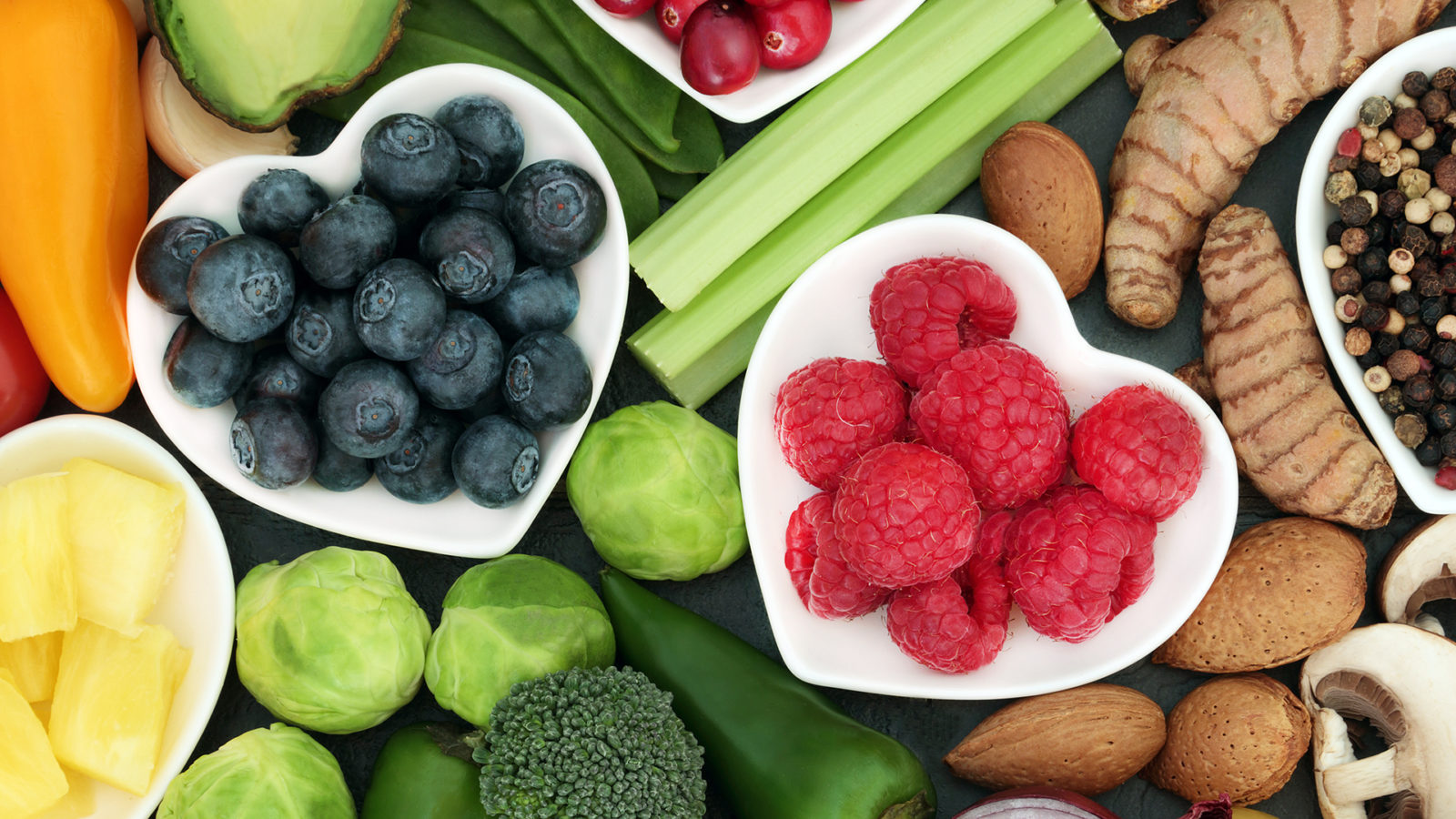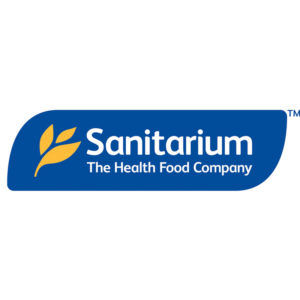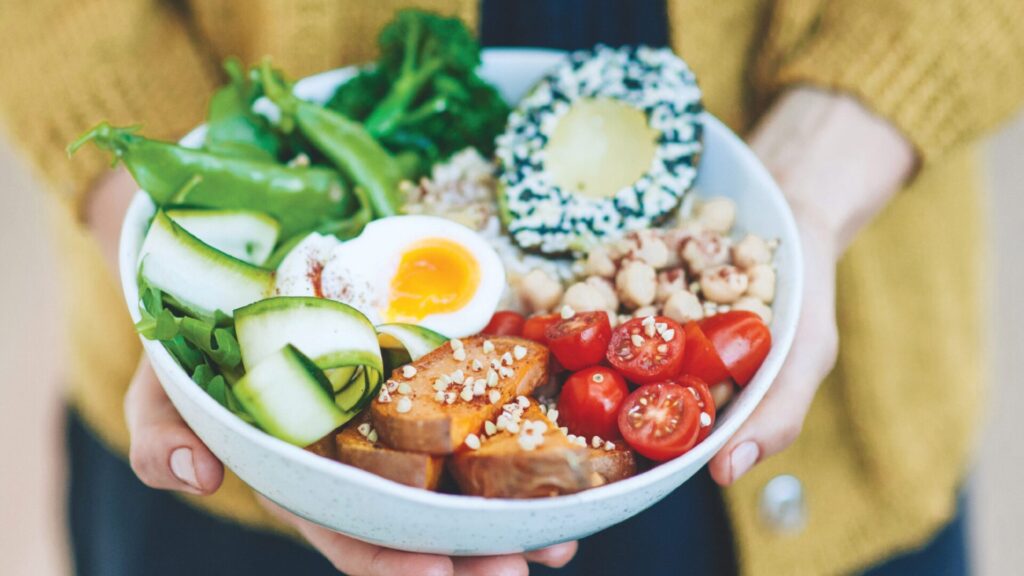In Australia, heart disease kills nearly three times as many women as breast cancer. It’s also New Zealand’s biggest killer—with 60 women dying from the disease each week. The fact is you can be young, fit and healthy, but still be at risk.
Many of the risks that contribute to heart disease are silent, such as high blood pressure, high cholesterol and vascular complications in pregnancy.
There are some risk factors you can’t control like genetics, a family history of heart disease, gender and age. Around menopause risk of heart disease increases for women and continues going up.
But there are a range of healthy lifestyle habits you can adopt to improve blood pressure, cholesterol, blood sugars, as well as sleep apnoea, weight and depression.
Heart Foundation dietitian Beth Meertens shares more steps to looking after your heart:
Consistently eat good food. Eating well for your heart isn’t about a single superfood. The key is to regularly eat a combination of foods that are high in fibre, vitamins and minerals. That means loading up your plate with plenty of fruit, veggies and wholegrains, and snacking on nuts. Scientific studies consistently link eating these foods to having a healthier heart.
Lower salt intake. We consume nine grams of salt a day, well above the Heart Foundation’s recommendation of less than five grams a day. Cutting back on salt is less to do with the pinch you add when cooking and more to do with cutting out discretionary and highly processed foods, which can contain high amounts of salt used for flavour and also as a preservative.
Cut saturated fats. When it comes to your heart, there’s strong evidence that switching saturated fats for plant sources of monounsaturated and polyunsaturated fats can lower your risk of heart disease and reduce “bad” LDL cholesterol.
Eat plant sterols. High cholesterol is bad for your heart, so eat more plant sterols as they block cholesterol from being absorbed into your gut. They can be found naturally in very small quantities in plant foods such as grains, veggies, fruit, legumes, nuts and seeds. Also look for plant sterol-enriched foods like some breakfast cereals, spreads and milk products—check the nutrition panel.
Get moving. Aim for daily exercise that gets you puffing and your heart beating—a brisk walk, dancing and even more vigorous chores like window washing. Any exercise is better than none, so try for 20 minutes a day.






